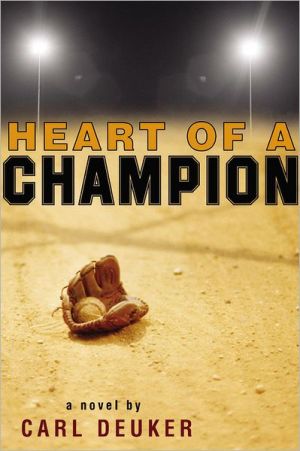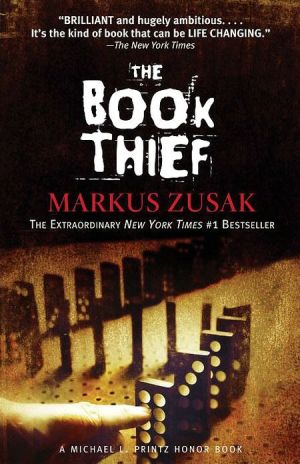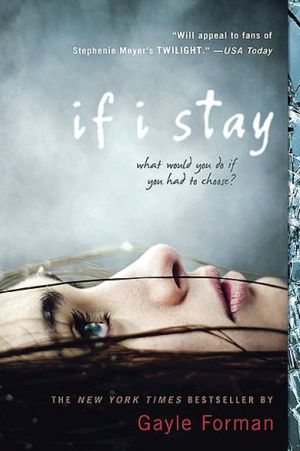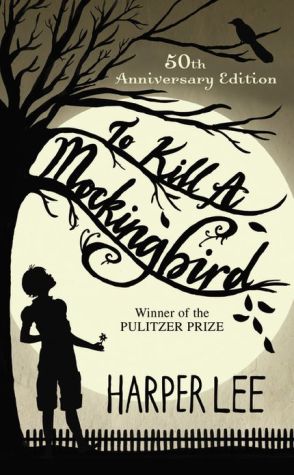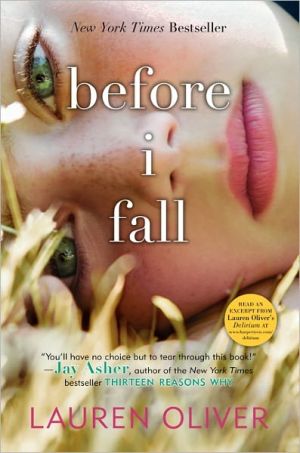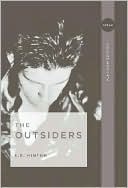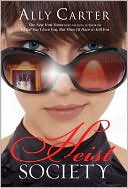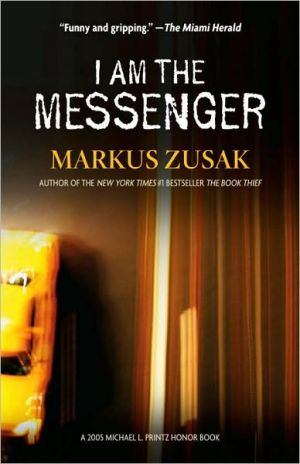Heart of a Champion
Jimmy Winter is a born star on the baseball field, and Seth Barnam can only dream of being as talented. Still, the two baseball fanatics have the kind of friendship that should last forever. But when Seth experiences an unthinkable loss, he's forced to find his own personal strength—on and off the field. \ \ An ALA Best Book for Young Adults \ An ALA Best Book for Reluctant Readers\ A New York Public Library Book for the Teen Age\ Pennsylvania Young Reader's Choice Book of the Year\ \...
Search in google:
Jimmy Winter is a born star on the baseball field, and Seth Barnam can only dream of being as talented. Still, the two baseball fanatics have the kind of friendship that should last forever. But when Seth experiences an unthinkable loss, he's forced to find his own personal strength—on and off the field. An ALA Best Book for Young Adults An ALA Best Book for Reluctant ReadersA New York Public Library Book for the Teen AgePennsylvania Young Reader's Choice Book of the YearPublishers WeeklyThis compelling tale of baseball and friendship, PW said, ``hits a home run'' with its ``action worthy of the sports page.'' Ages 12-up. (May)
Chapter One\ My father's game was golf. He was great at it, too. There is a box full of his trophies in our attic. If he hadn't died, golf would have been my game too. I would never have played baseball, would never have been best friends with Jimmy Winter. I'd have heard about what happened to him while I was hitting a bucket of balls at Palo Alto Muni to prepare for the high school tournament.\ But my father did die, and I've spent the last five years living and breathing baseball. Most of the time Jimmy Winter has been by my side. No, that's not right. The right way to say it is I've been by his side.\ I was born in San Francisco, but I've lived all my life in Redwood City, a boring suburb south of the city. My father was a traveling salesman for IBM. He died ten years ago, when I was seven. He was in a hotel in Los Angeles when he had something like a stroke. He called the lobby for help, but his speech was slurred. The switchboard operator figured he was drunk and ignored him. In the morning a maid found him dead. It's a horrible way to die-alone in a hotel room begging for help, with people thinking you're just some boozer.\ People say I look like my father, and I guess I do a little. From old photos I can tell he was tall and thin and had brown hair, like me. But his face was broad and fleshy, and mine is all angles and bones.\ My mother says that every once in a while I'll do something small -- scratch my head or plop down on a chair-and it will be exactly the way he used to do it. I always feel strange when she tells me stuff like that. His blood is in my veins, but I never got to know him.\ The day of my father's funeral ournext-door neighbor, Mr. Mongolin, crouched to my level and looked me in the eye. "You're the man of the house now, Seth. You have to take care of your mother."\ I remember my throat going fight, and a panicky feeling coming over me. "Yes, sir, I will," I stammered, and I meant it, even though I didn't have a clue how.\ My mother must have overheard. She flashed Mongolin a dirty look, grabbed me by the arm, and pulled me to a quiet corner. "Seth Barham, you're a little boy," she said. "You don't have to take care of anyone."\ My mom waited a year before suing the hotel. She told me she waited because it didn't seem right to act like money could replace my father. She said she finally sued because she felt she had to make the people who were responsible feel responsible.\ The hotel was owned by some huge corporation. They had a team of lawyers and buckets of money. My mother had one lawyer and no money.\ It took four years before the case made it to court. We flew down to L.A. for the trial. One day I was in my sixthgrade classroom at St. Pius diagramming sentences; the next I was on a jet plane with my mother and grandmother.\ I thought it would be exciting, but that courtroom was not fun. On a table in front of the jury. was a model of a human head. The doctors used it to explain how my father died. I'm not stupid. I knew it wasn't my father's head. But that model looked so real it scared me. And the way the doctors picked sections out, turned them over, pointed to this vein and that artery -- I still have nightmares about it.\ On the third day of testimony something went wrong and the judge declared a mistrial. The the corporation offered to settle. We flew back to San Francisco and took a taxi\ home. My mother wanted to talk with my grandmother, so I was sent outside.\ I remember feeling disappointed as I closed the front door. I was back in Redwood City, and it was like nothing had changed. Whenever I'd asked my mother questions about my father, she'd described him as a saint, a perfect husband and father. I don't blame her-what else could she do? But I didn't have a strong sense of who he was. I'd hoped to learn from the trial what he was really like, good and bad. But to the doctors and the lawyers, my father was nothing but bones and blood and tissue. I hadn't learned anything.\ I stood on the front lawn that day wondering what to do, where to go. Guys from St. Pius lived in the neighborhood. I wasn't best friends with any of diem, but if I showed up at Briarfield Park I could usually hook up with somebody.\ But that day I didn't much feel like seeing guys from the neighborhood. I didn't want to talk about where I'd been. I didn't want to think about that model on the table. -So I walked a half-mile to Henry Ford School. I didn't know anybody who went to Henry Ford.\ Once I reached the playground I climbed onto a swing, pushed off, and started pumping. When I was soaring, I'd jump out into the sand as far as I could. The whole time I was pretending I was a fighter pilot, one of the Blue Angels, -parachuting from a smoking jet. It's a dumb thing for a sixthgrader to do, but that's what I did.\ I'd been there about half an hour when I heard a man's voice boom across the playground. "Use your new glove, Jimmy. You need to break it in before the season starts."\ "But the new one hurts my hand."\ "I said to use the new one."\ That was the first time I saw Jimmy.
\ Publishers Weekly\ - Publisher's Weekly\ This compelling tale of baseball and friendship, PW said, ``hits a home run'' with its ``action worthy of the sports page.'' Ages 12-up. (May)\ \ \ \ \ School Library JournalGr 6-10-- On the day Seth Barham met Jimmy Winter, his life changed. Seth had been an unfocused, confused pre-teen who had never come to terms with his father's death when he was seven. He meets Jimmy in a park as Jimmy's overbearing father is putting his son through intense baseball drills. As their friendship develops, Jimmy's intensity and self-assurance on the playing field spills over into Seth's life, helping him to blossom as a student and a baseball player. However, Jimmy's home life begins to unravel when his parents divorce. Also, he is suspended from the team when he develops a drinking problem. Seth withstands peer pressure to drink, and, with his mother's support, begins to accept his father's death. However, his biggest battle comes when he must cope with Jimmy's death in an auto accident. Baseball action permeates the story, increasing the novel's interest to those readers familiar with the sport but setting up possible barriers for the uninitiated. Seth's simply told, often moving first-person narrative is meant to be his way of accepting the two losses in his life. However, although the semi-therapeutic story covers three years in the boys' baseball lives, it largely ignores their school lives and some readers may wonder what else they did. Mixing themes common to many YA coming-of-age titles with strong character development, this easy-to-read and well-paced novel will involve many readers. --Jack Forman, Mesa College Library, San Diego\ \
